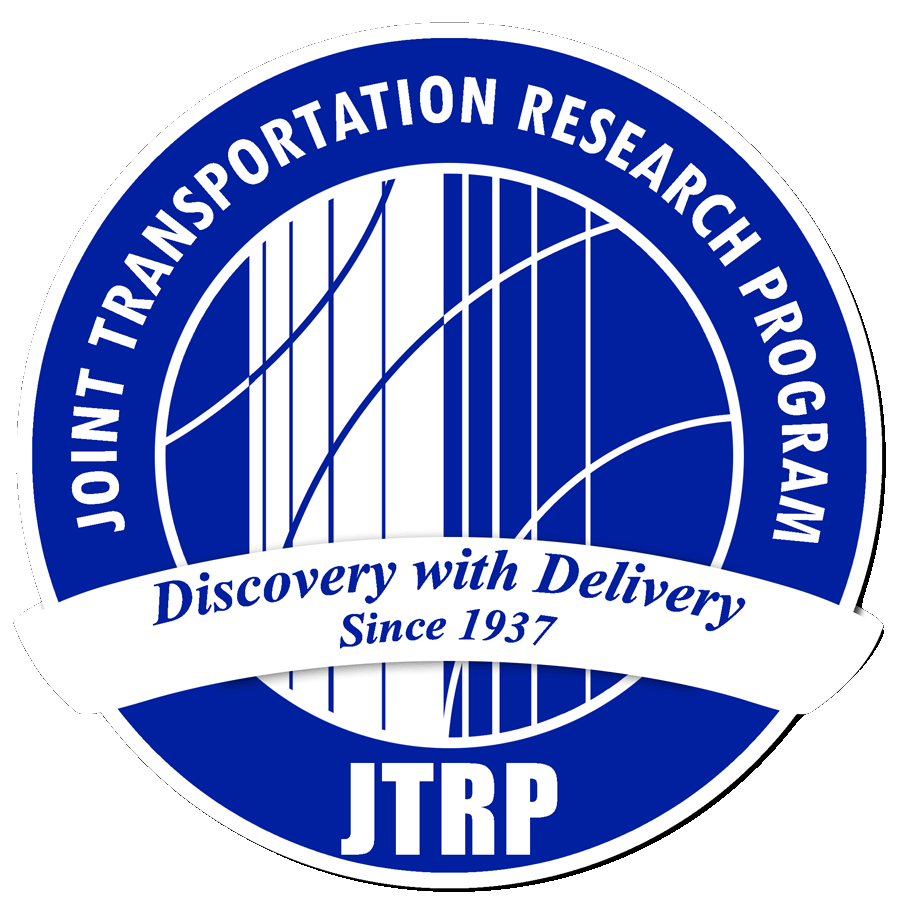Abstract
The asphalt industry is moving towards performance-based methods for asphalt mixture design. The Federal Highway Administration (FHWA) is supportive of state departments of transportations (DOT) adopting index and predictive performance tests, especially those making use of the Asphalt Mixture Performance Tester (AMPT). The FHWA is therefore encouraging state DOTs to gain experience with the requirements of the procedures and analysis tools for Balanced Mixture Design (BMD). The main objective of this study is to evaluate fatigue cracking on three INDOT mainline pavement projects that have asphalt mixtures designed by the Superpave 5 mixture design, and to better understand the fundamental engineering testing capabilities of the AMPT. A total of four Superpave 5 asphalt mixtures were collected and tested from the three projects. The viscoelastic characteristics and fatigue behavior of plant-mixed, laboratory compacted (PMLC), laboratory-mixed, laboratory compacted (LMLC), and plant-mixed, field compacted (PMFC) specimens were assessed according to the AASHTO TP-132 and AASHTO TP-133 test methods. Two AMPT machines (IPC Controls and PaveTest) were used to conduct the dynamic modulus tests, while all fatigue tests were performed using a PaveTest AMPT. The raw data were analyzed using the FlexMAT software.
The dynamic modulus and cyclic fatigue test results indicate that AMPT testing can be used to effectively evaluate INDOT asphalt mixtures during the mixture design and production phases. However, to do so, detailed planning and effective training are needed to help ensure the successful completion of AMPT testing.
Keywords
asphalt pavements, mixture design, asphalt mixture mechanical properties
Report Number
FHWA/IN/JTRP-2022/19
SPR Number
4452
Sponsoring Organization
Indiana Department of Transportation
Performing Organization
Joint Transportation Research Program
Publisher Place
West Lafayette, IN
Date of Version
2022
DOI
10.5703/1288284317382
Recommended Citation
Rahbar-Rastegar, R., Huber, G., Montoya, M. A., Campbell, C., & Haddock, J. E. (2022). Demonstration project for asphalt performance engineered mixture design testing (Joint Transportation Research Program Publication No. FHWA/IN/JTRP-2022/19). West Lafayette, IN: Purdue University. https://doi.org/10.5703/1288284317382


